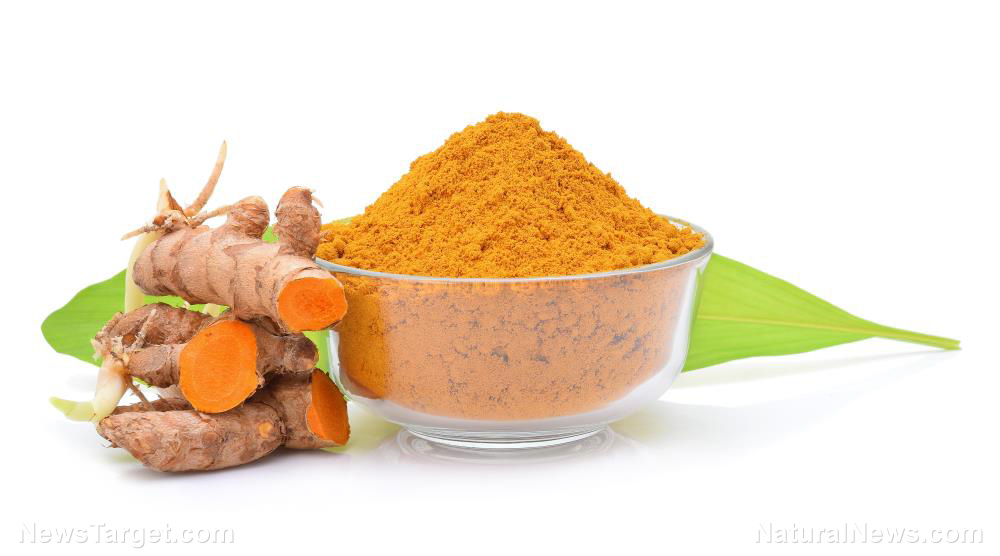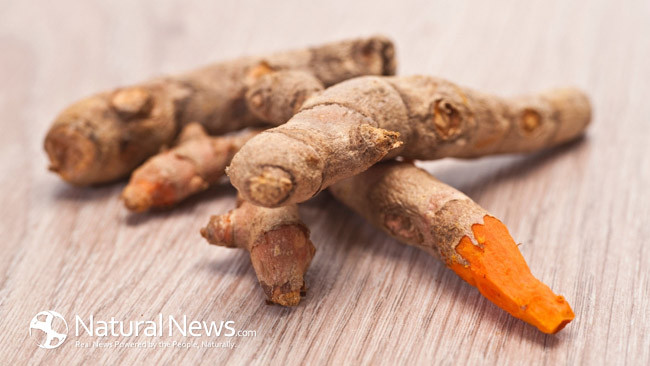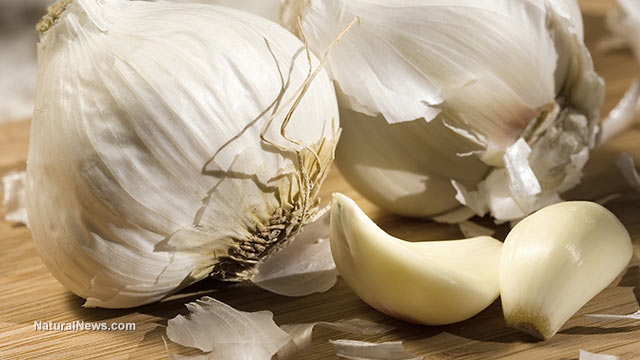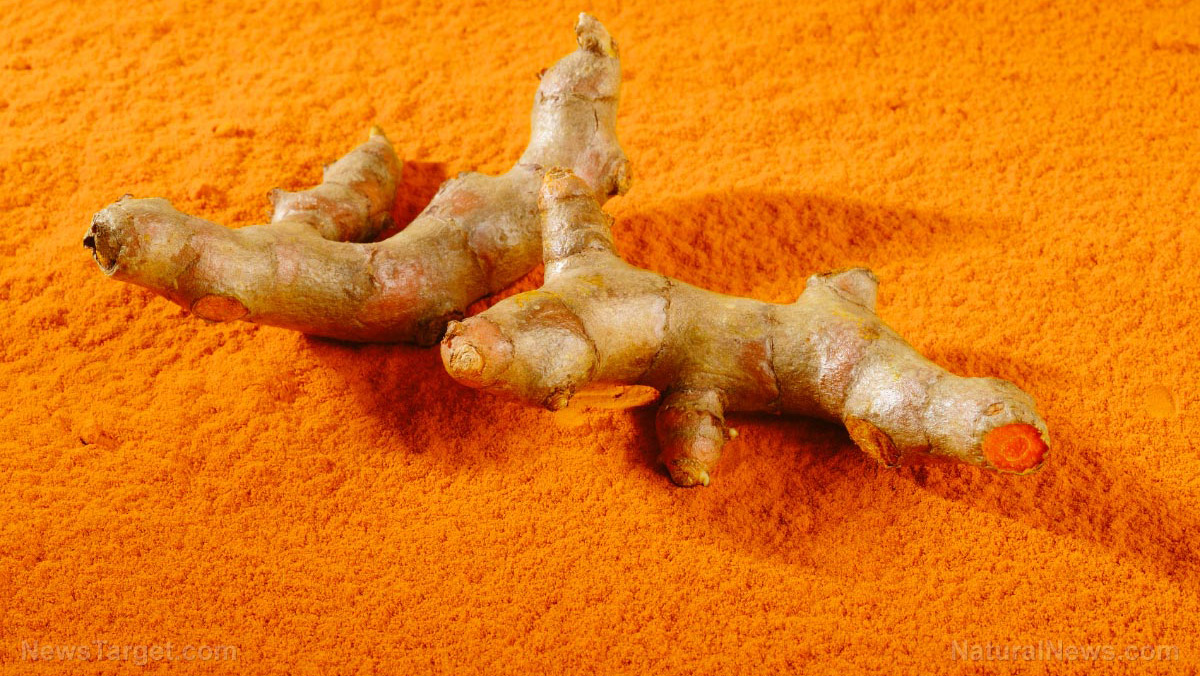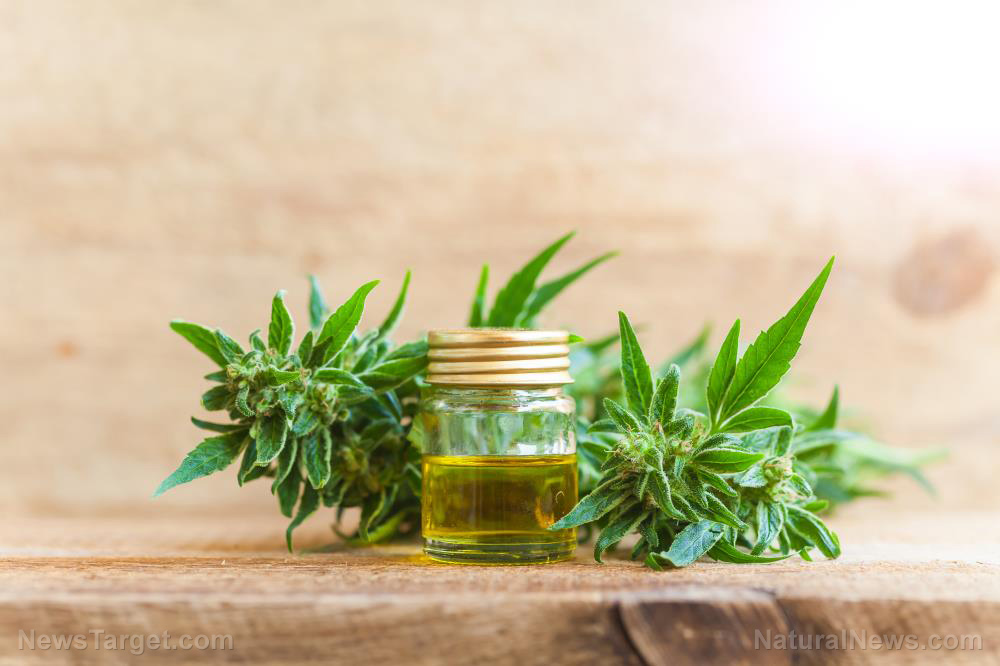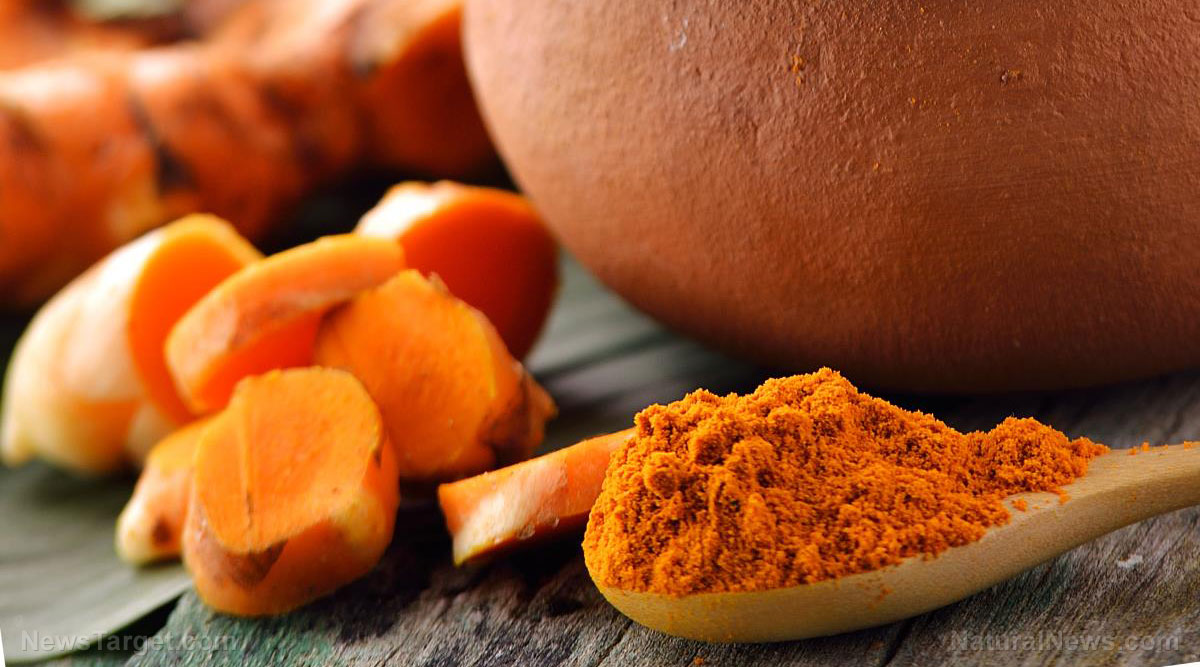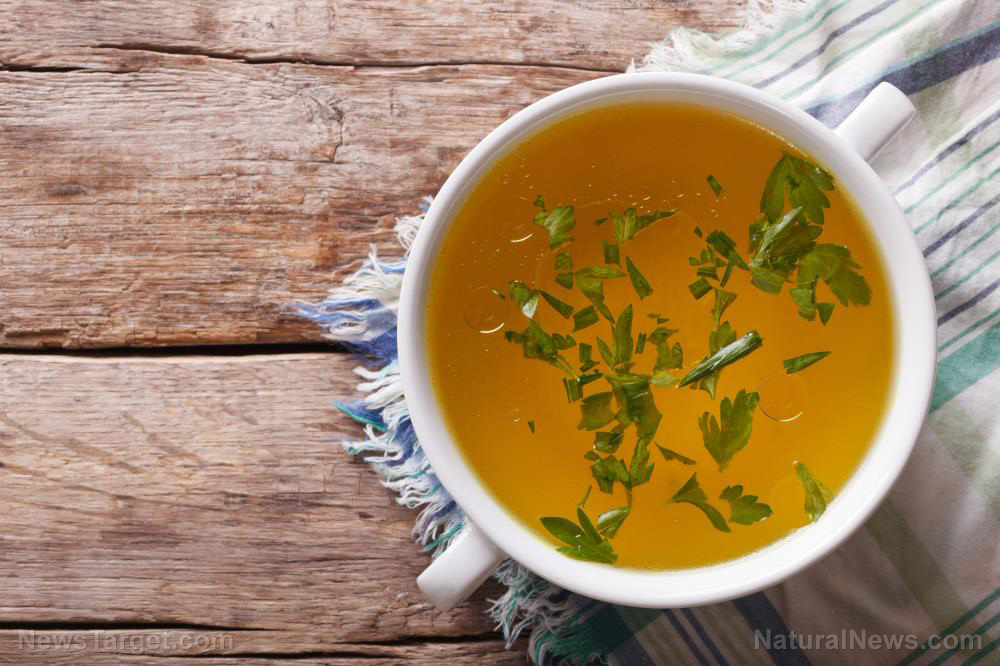Beat Candida and balance your gut health with these 20 anti-fungal foods
09/13/2019 / By Edsel Cook
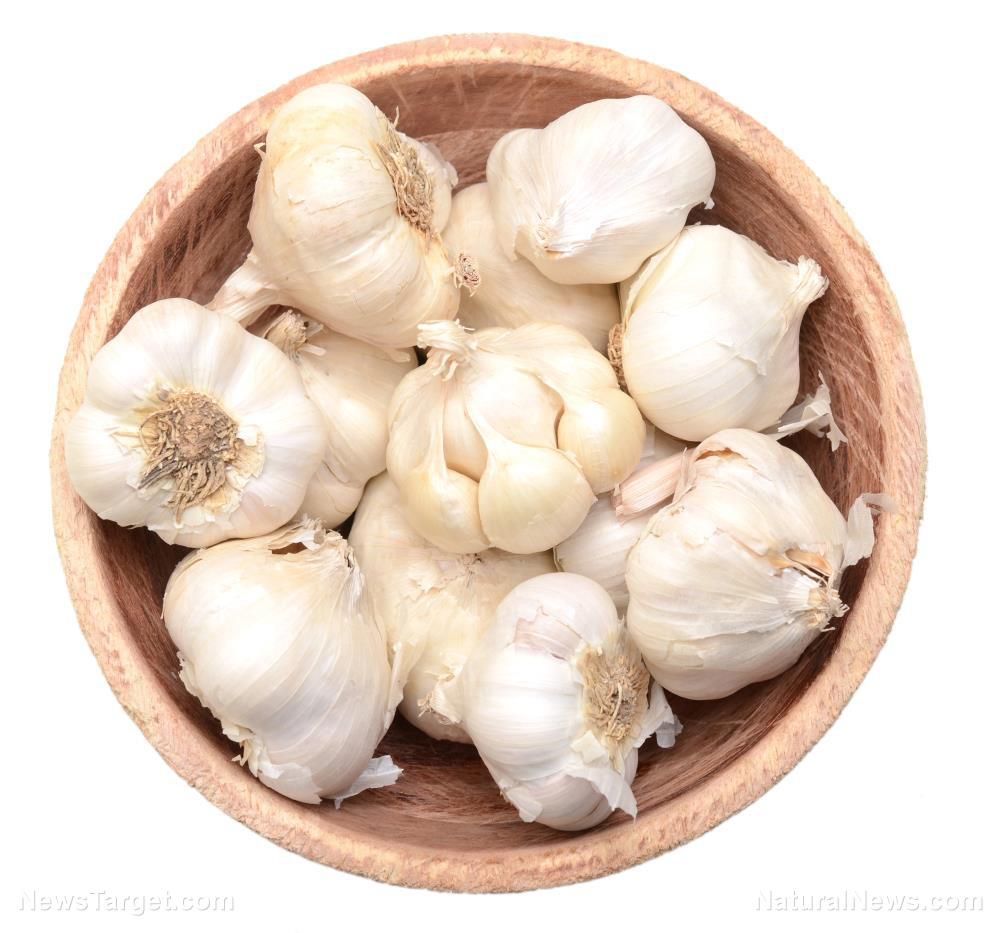
Patients with a candida infection need to eat as many anti-fungal foods as possible. These healthy foods kill the yeast by starving them of sugar and breaking down candida’s cellular walls.
One of the best anti-fungal foods is coconut oil. It contains caprylic acid and lauric acid which support the immune system.
Apple cider vinegar has enzymes that can control yeast populations in the body, normalize pH levels, and encourage the growth of healthy bacteria.
Garlic possesses anti-fungal properties that suppress candida. It increases and supports the population of good bacteria.
Onions help get rid of excess fluids, a problem experienced by many patients with candidiasis. If the scent of onions is too strong for your nose, add parsley.
Ginger cleanses the liver and helps blood circulate through the body. It reduces inflammation in the gut that stems from Candida overgrowth. It may be consumed raw, as a powder, or as tea.
Seaweed is rich in iodine that alleviates hypothyroidism, a condition associated with candidiasis. It also helps purge heavy metals and toxins from the intestinal tract and the rest of the body.
Lemon juice improves the efficiency of the digestive system and aids the movement of the colon that expels toxins from the body. Lime juice shares these anti-fungal benefits as well. (Related: Candida Auris: The silent superbug that’s already too late to stop – full documentary.)
Anti-fungal foods for candidiasis patients
Pumpkin seeds have plenty of omega-3 and omega-6 fatty acids. These good fatty acids prevent Candida from injuring the intestinal lining. Omega-3 fatty acids reduce inflammation while omega-6 fatty acids oversee metabolism. Pumpkin seeds also have anti-parasitic and anti-viral properties.
The essential oil of cloves contains a chemical called eugenol. When consumed, eugenol helps stop fungal infections. Clove oil kills yeast cells very quickly. To manage candidiasis naturally, add the spice to foods or tea.
Turmeric is renowned for its numerous health benefits, which include being a potent anti-bacterial. This well-known spice contains curcumin, which can suppress different strains of Candida albicans. Turmeric powder is used to make curry or added to drinks. It is also available as a tea and as a supplement in capsule form.
Adding cinnamon to a meal can turn it into an anti-fungal food. A 2011 study by researchers from Hebei Medical University showed that cinnamon oil can kill Candida yeast by causing the cells to undergo drastic changes. The same study found that pogostemon oil has a similar anti-fungal activity.
Butter has large amounts of butyric acid which regulates inflammatory responses in the gut. It also has lauric acid, which has anti-fungal and anti-microbial properties.
Foods with essential oils and extracts
Oregano oil is a natural anti-fungal that stops the growth of Candida. It may be applied as a topical treatment or taken orally as a capsule or liquid.
Extracts from the pulp and seeds of grapefruit can kill molds and yeasts. In addition to killing Candida in the intestines, grapefruit extracts can improve the immune system and pH level of the body.
Cruciferous vegetables have sulfur and other compounds that limit the growth of Candida. Eat arugula, broccoli, cabbage, and radish for their strong anti-fungal effects.
Probiotic foods replenish beneficial bacteria in the digestive system. Foods like kefir and yogurt can help stop Candida.
Eat kimchi, sauerkraut, and other fermented foods after finishing detox. They have lots of vitamin C and B12 that boost the immune system.
Cayenne pepper improves digestion, prevents constipation, and expels toxins from the body. It works on both genital and oral candidiasis.
Coriander inhibits the adhesion and growth of Candida. It also hastens patient recovery from fungal infections.
Olive oil and olive leaf extracts have natural anti-fungal properties. The oil also supports the immune system and returns blood sugar to normal levels.
Sources include:
Submit a correction >>
Tagged Under:
alternative medicine, Anti-fungal, anti-inflammatory, apple cider vinegar, butter, candida, candida albicans, candida infections, candidiasis, cayenne pepper, cinnamon, clean food, Cloves, coconut oil, coriander, cruciferous vegetables, curcumin, essential oil, fermented foods, food cures, food is medicine, functional food, fungal infections, garlic, grapefruit, healthy fats, herbal medicine, Herbs, immune system, inflammation, lemon, natural cures, natural medicine, natural treatment, nutrients, olive oil, omega-3 fatty acids, omega-6 fatty acids, onions, oregano, phytonutrients, probiotic foods, pumpkin seeds, remedies, seaweed, turmeric, veggie, yeast, yogurt
This article may contain statements that reflect the opinion of the author
RECENT NEWS & ARTICLES
COPYRIGHT © 2017 TURMERIC NEWS

